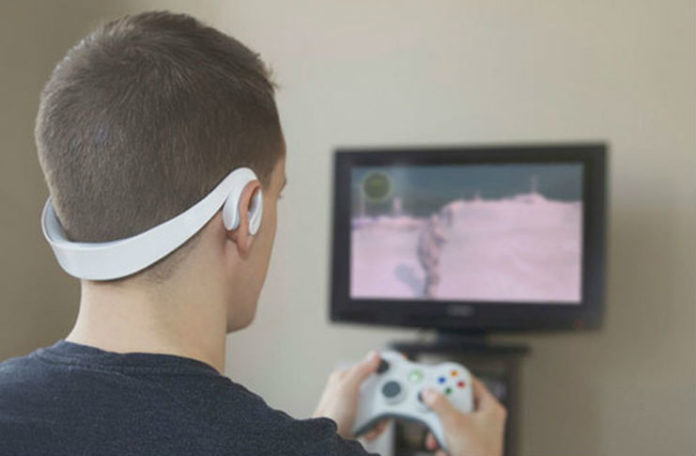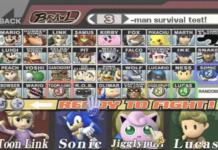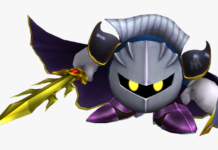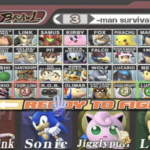Connection lost. Controllers thrown. Cuss words dropped.
Rage quitting has become an inevitable trope of video games. Whether it be from pent-up anger from a multiplayer game or frustration over an annoyingly difficult single-player experience, most gamers have had their moment of excessive swearing or a controller toss over a game. Leaving a game mid-match due to excessive salt is fairly standard, and sometimes it’s the right choice; you just need to get away.
Despite how commonplace rage quitting is, or how hilarious it may be to witness either in-person or through YouTube videos, it is ultimately something that we all want to avoid and view as a rare occurrence rather than an expectation in gaming.
Symptoms Of An Incoming Rage Quit

There are many ways that you can tell a rage quit is coming, although it varies from person to person. The most common signs that someone is about to pull the plug on a game can include:
- Throwing a controller
- Smacking the couch/chair/desk; anything that’s near the gamer
- Excessive cussing, either at the game, fellow players, or even people in the same room such as friends or family.
Once these signs start coming out, you can assume that a rage quit is on the horizon. Rage quitting can be a way of de-escalating for the player who’s getting too salty; rather than continue to put yourself through this incredibly frustrating ordeal, just get out of there and cool off. If this happens very sporadically while gaming, it’s not the worst thing in the world; it’s when things become more frequent and more destructive that you have to start re-evaluating yourself.
Why Do People Rage Quit?
As mentioned before, rage quitting is the quickest solution to getting out of a game or setting that is becoming too stressful or frustrating, to the point that it’s affecting you in a noticeable way outside of the game.
It’s very common in popular multiplayer games for a variety of reasons. The meta in a particular game can develop in such a way that players are forced to use tactics that are incredibly frustrating to deal with. As you dive deeper and deeper into a game’s meta, playing can start to feel more like a chore than something purely for enjoyment, and this leads to players having much less patience to deal with annoying or “cheap” gameplay.
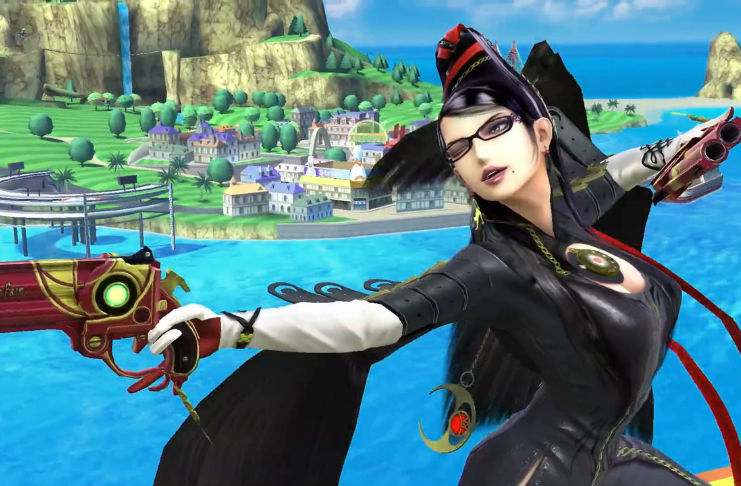
There’s also just the fact that in multiplayer games, you’re losing to another player; not a computer or just the game itself. Getting outplayed or outsmarted in a game that you’ve put time into can make you feel inferior or like you’ve just wasting your time. Even worse, it can be unbearably frustrating to lose to somebody that you feel is just abusing a tactic or game mechanic, rather than outplaying you in a “fair” fight. It’s much easier to feel justified in your rage when you feel you’ve been unjustly beaten. It also doesn’t help that there are some sore winners out there, who will take every opportunity to talk trash and gloat in your face immediately afterwards; who wouldn’t begin to feel their blood boil in that scenario?
Single-player games also have their way of making us want to throw our controllers. Gamers who enjoy a challenge are more likely to gravitate towards the highest difficulty settings, or to put themselves through the task of beating a Dark Souls-styled game. While many of these games are about figuring out solutions to various puzzles and patterns, that doesn’t make it any less crushing or rage-inducing when you get blown out for making a single mistake.
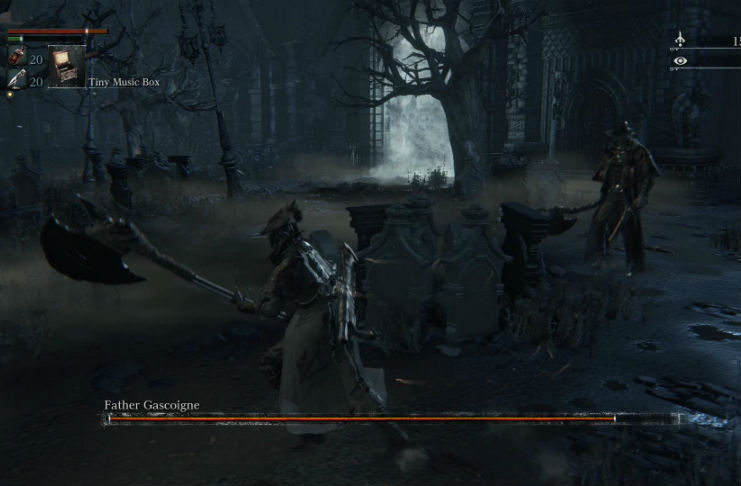
Speedrunners put themselves through a whole other kind of hell. There’s the added pressure of learning and practicing techniques and tricks, and having to perform them perfectly as fast as possible just to shave a few seconds off the completion time. Chasing a world record or just trying to improve on your personal best time requires a ton of practice, patience, and dealing with failure; and sometimes failing over and over just makes people angrier. Not to mention that putting in so much work only to have your run killed by RNG, and it’s no surprise that speedrunners have been known to rage from time to time.
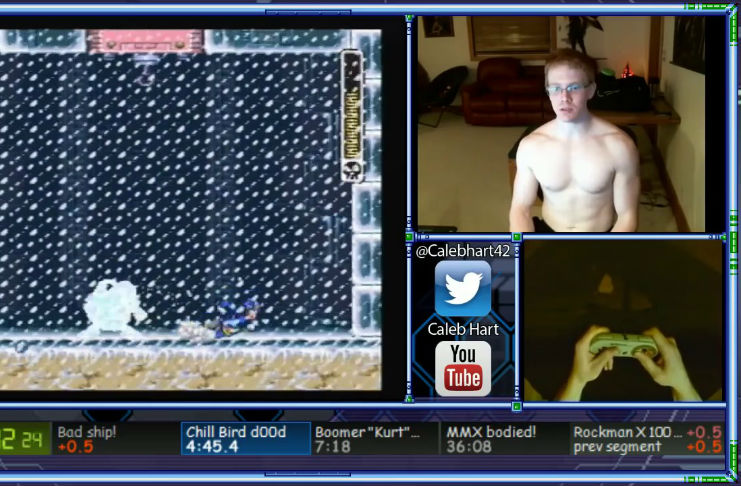
Improving Your Mentality On Rage Quitting
There is a wonderful TED Talk by Mark Rober in which he touches on how, when playing Super Mario Bros. as a kid and talking about it with his friends, the focus on the discussion was never how nor how many times they died; it was always about how far they made it, or if they completed certain goals. Dubbed “The Super Mario Effect,” it emphasizes that it’s about focusing on the goals and problem-solving to achieve them, not the pitfalls, setbacks, and repeated failures it takes to get there.
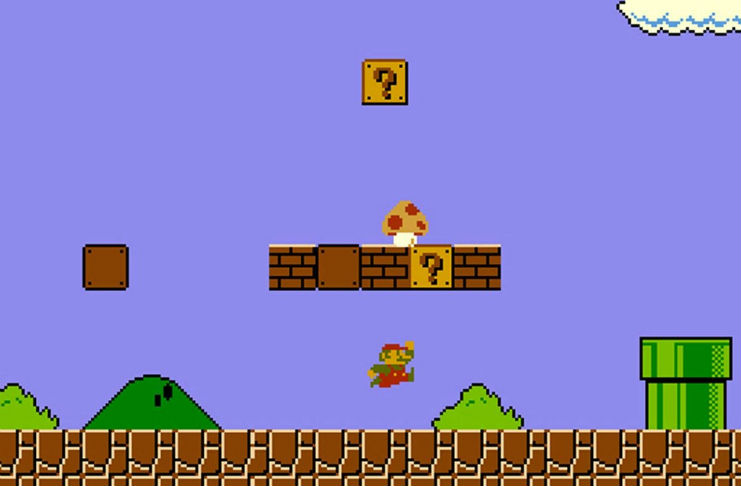
Video games are unique in that when you start playing a new game, it can feel completely foreign, but very quickly you’ll notice huge improvements in how you approach the game. Looking back on yourself six months after you started a game, the differences can seem like night and day.
However, it’s much more difficult to notice improvement as you put more and more time; the differences aren’t as large and noticeable, and it’s very easy to feel like you’ve plateaued. Whether you have or you haven’t can make no difference in how you feel; you were soaring for a while, and now you’re stuck. This can make us feel a range of emotions from being down on ourselves to furious at our lack of noticeable improvement.
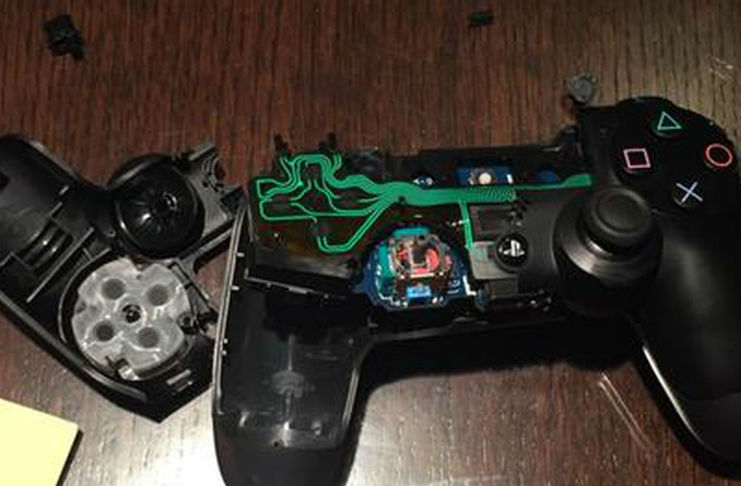
What’s important to remember is that this is all part of the process of improving and understanding. Our skill doesn’t jump overnight, and just because it can feel like growth has slowed down or stopped, doesn’t mean we haven’t continued to learn. Of course, saying that doesn’t help deal with those immediate feelings of rage, so some tips for dealing with anger while gaming could include:
- Taking a short break. If you’re stuck in a rut, a week away from the game and doing other things can help let you breathe, and you can return to the game with a fresher mindset
- Try switching things up while you play. If you always play a certain mode or character in a particular game, try experimenting with something different. It can be exciting to tackle something new, and it can also improve your overall approach to the game.
- Step away from the game completely. If you’re not having fun anymore, ask yourself: why are you still playing? If a good answer doesn’t come to mind, it might be time to consider stepping away and finding a game you genuinely enjoy.
- Talking to someone. If you find yourself getting increasingly angry at video games, it can be worth it to talk to someone and see if there are underlying issues that should be addressed. Video games can be an escape for many, but don’t let them become an escape from dealing with problems responsibly.
Rage quitting can seem relatively harmless, almost meme-like. But it’s also something that shouldn’t become habit. If you or anyone you know is a frequently salty and rage-filled gamer, try and save some controllers’ lives and sort that out properly.


